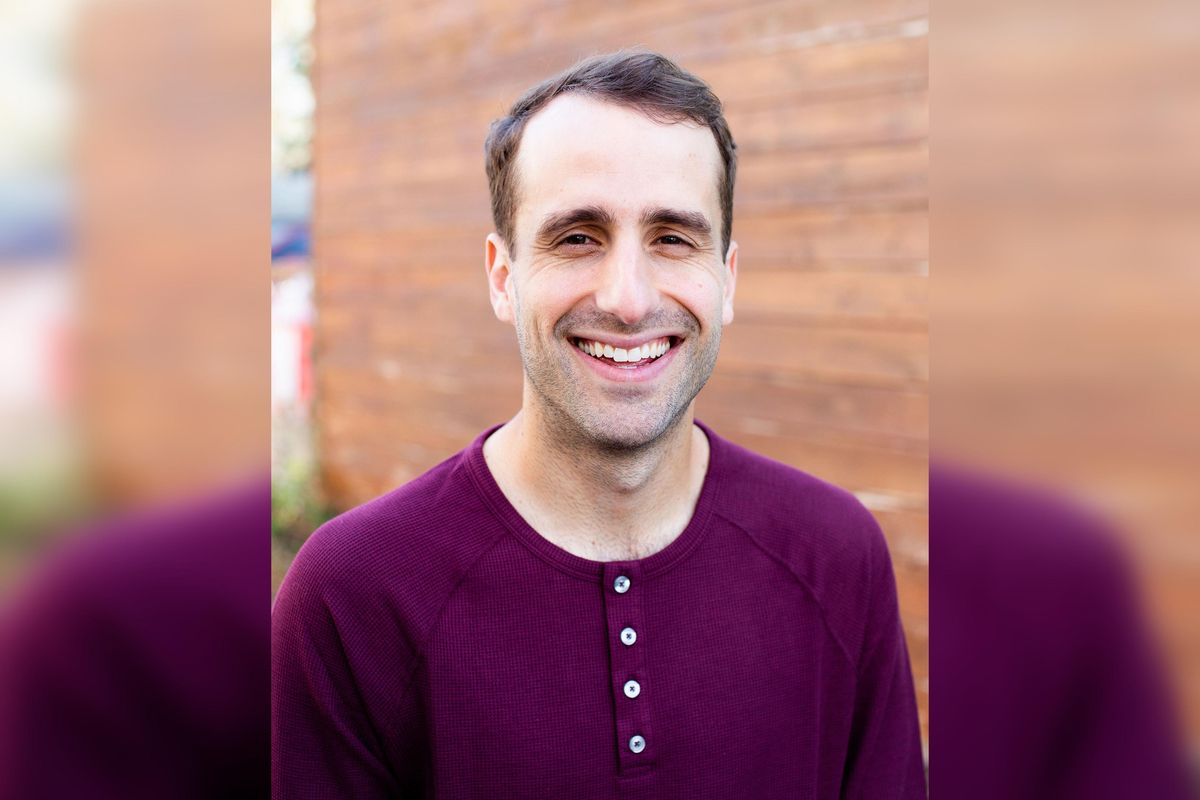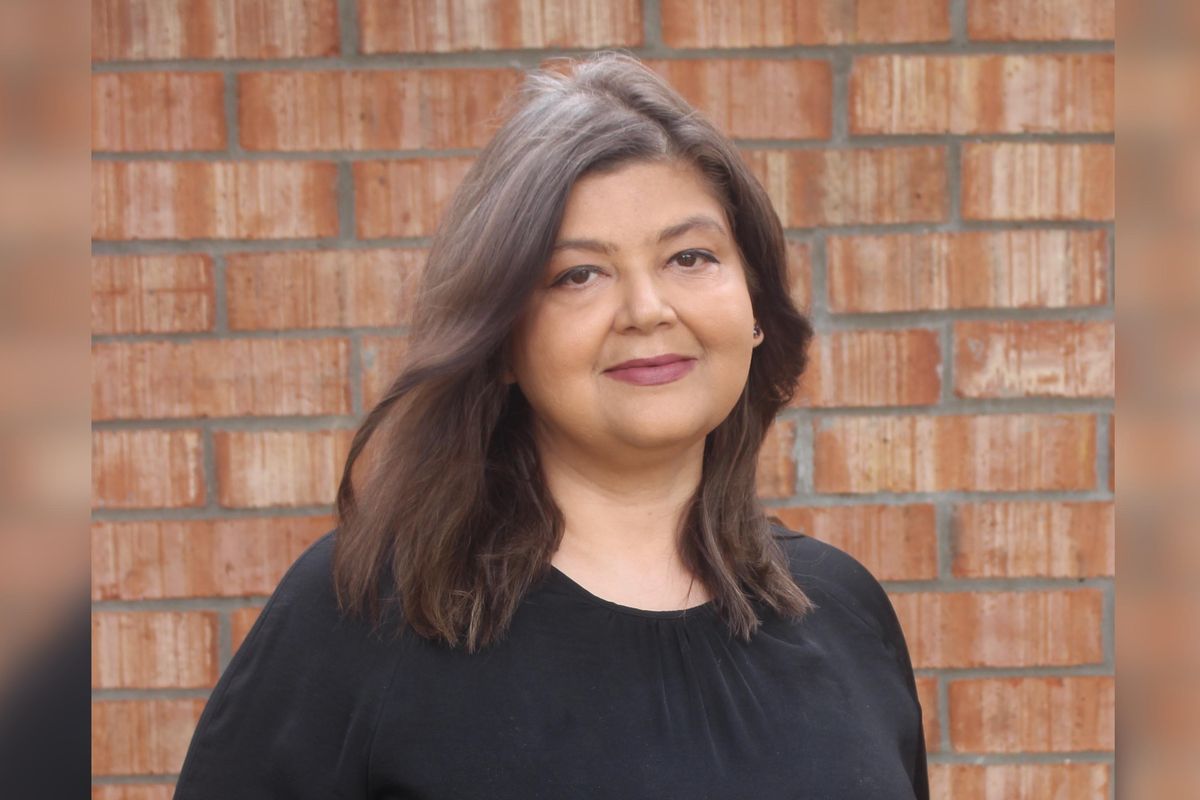Editor's note: In this week's roundup of Houston innovators to know, I'm introducing you to three local innovators across industries — from edtech to mental health — recently making headlines in Houston innovation.
Tammi Wallace, co-founder of the Greater Houston LGBT Chamber of Commerce

Tammi Wallace of the Greater Houston LGBT Chamber of Commerce was a panelist on The Ion's Pride in Tech event. Photo via LinkedIn
There are a few days left in Pride Month, and Houston's tech community came together last week to celebrate — but also discuss some of the challenges within the ecosystem for LGBTQIA+ entrepreneurs.
In a Q&A with InnovationMap, Tammi Wallace, co-founder of the Houston LGBT Chamber of Commerce, shared her advice for LGBTQIA+ innovators and allies.
"Get involved with the Houston LGBT Chamber of Commerce," she says. "Since 2016, the chamber has been working to build a strong community to support LGBTQIA+ entrepreneurs and get them access to resources to help their businesses grow and thrive." Click here to read more.
Adam Putterman, co-founder of OURS

Adam Putterman, co-founder of OURS, shares how he jumped on the opportunity that is innovating the future of relationship health. Photo courtesy of OURS
More than ever before, people are warming up to the idea of seeking professional health care for more than just their bodies, Adam Putterman, co-founder of OURS says on the most recent episode of the Houston Innovators Podcast.
"We've seen a massive shift in the perception of counseling and therapy — and, more importantly, all the aspects of health that are not just your body," he explains. "It's no longer just going to the gym, it's meditating, coaching for a professional field. We've found that people are taking that mindset and applying it to their relationship as well."
After launching its beta in 2020, OURS worked in stealth to develop its product, which officially launched in May. The platform costs $400 for a four-week program that includes six personalized interactive sessions with an OURS guide at the helm of the experience. These one-hour technology-powered sessions are based around an innovative new technology, called Loveware, and include dynamic and meaningful conversations between a couple that are built around the magic that comes from being in the room with an expert. Click here to listen to the full episode and read more.
Ghazal Qureshi, founder and CEO of UpBrainery

Innovations like artificial intelligence, augmented reality, and machine learning certainly have advantages in the edtech sector. Photo courtesy
The education community is facing big changes thanks to technology and new innovations. In a guest column for InnovationMap, Ghazal Qureshi — founder and CEO of UpBrainery, a Houston-based immersive educational technology platform — shares how things like artificial intelligence, machine learning, and more have the potential to impact the sector.
"AI has created benefits for educators as well, such as it has created a task automation system in which all kinds of daily mundane tasks including grading papers, admin work, replying to queries, etc. have been directly automated," she writes. "Although adopting cutting-edge technology in the educational industry for most institutions is certainly not a piece of cake as it is time-consuming and very costly." Click here to read more.

 OURS has thousands of couples already using its platform. Image via OURS
OURS has thousands of couples already using its platform. Image via OURS